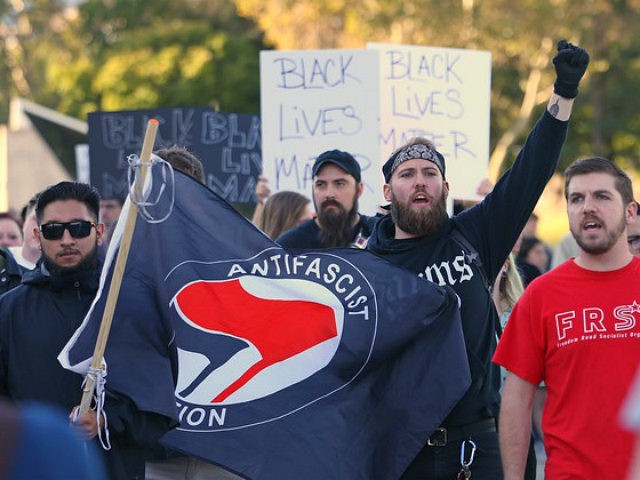Americans are ambivalent about the importance of free speech on college campuses, a new survey published in the Washington Post this week revealed.
A survey conducted by Bucknell University political science professor Christopher Ellis posed two options to respondents:
- “In order to promote intellectual engagement, colleges should never prohibit speech for any reason.”
- “In order to keep students from feeling unsafe, colleges should have the right to prohibit certain kinds of speech.”
Fortunately, nearly eight in 10 (78 percent) of respondents chose the first option, affirming the tradition of free expression upon which American academia was founded. Support for no restrictions on speech was most prevalent amongst Republicans, men, older Americans, and the more educated.
However, nearly half of the respondents argued that certain types of speech should be restricted on campus. Another survey question asked respondents about different types of speech and whether or not those types should be restricted. 59 percent of Democrats argued that colleges should be able to restrict speech that makes students feel uncomfortable or unsafe as opposed to 47 percent of Republicans. 55 percent of Democrats said that colleges should restrict speech perceived to be sexist as opposed to 35 percent of Republicans. 62 percent of Democrats said that colleges should restrict speech considered offensive to racial minorities as opposed to 31 percent of Republicans. An overwhelming 65 percent of Republicans argued that colleges should restrict the teaching of radical ideas as opposed to 41 percent of Democrats.

(Source: Washington Post)
In another survey question, respondents were provided a statement that argued that students should fight for freedom of speech and expression on campus. Respondents were overwhelmingly more inclined to agree with the statement when told that it came from a member of their political party. For instance, 83 percent of Democrats agreed with the statement when it was attributed to Barack Obama. Only 58 percent of Democrats agreed with it when it was attributed to Vice President Mike Pence.

(Source: Washington Post)
“Americans support free expression as an abstract principle. But they also believe that even protected speech can have real costs. Perhaps the public is ambivalent or confused about the issue,” Ellis concluded. “But they are also responding to the complex question of campus free speech, where schools must balance two competing goals: promoting free and open exchange, and creating an environment safe for learning and development.”

COMMENTS
Please let us know if you're having issues with commenting.